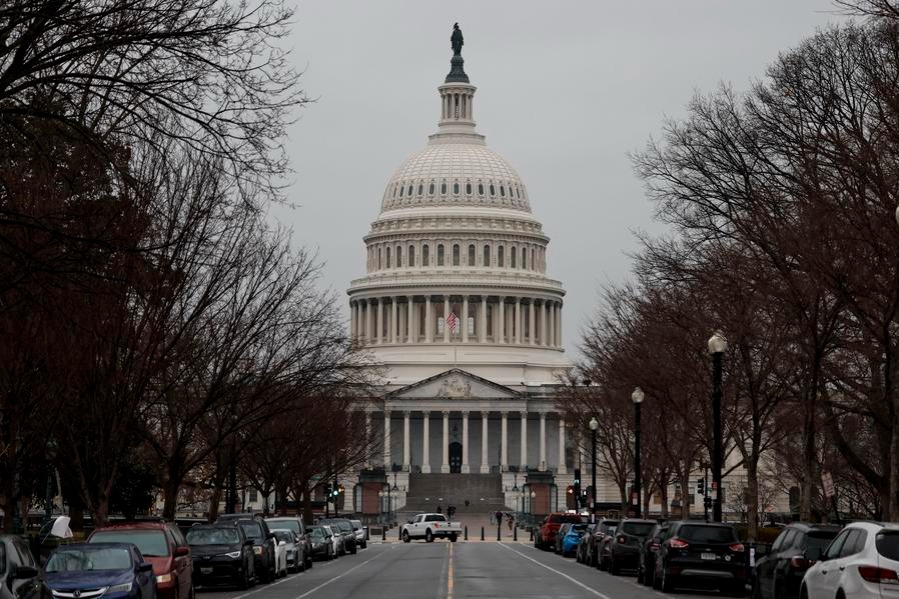Rumor mongering ought to be more harshly punished

TWO WOMEN posted a short video they made at home last week, which showed them supposedly spinning cotton into dried meat floss and alleging that the video was shot in a pastry shop in their neighborhood in Qingdao, East China's Shandong province. Beijing Youth Daily comments:
The local police detained the two women for five days, on the charge of fabricating facts and disturbing the public order. However, the incident should not be simply regarded as a case of disturbing the peace in the local neighborhood, as the video had a negative impact nationwide.
The video quickly went viral on social media. Many costumers gathered in front of the shop and quarreled with the shop assistants. Worse, the video sparked wide concern nationwide about the edibility of dried meat floss cakes, with many suggesting the food safety authorities were guilty of dereliction of duty.
Detaining the women for five days is too light a punishment given the severe consequences of their false assertion.
In 2013, the judicial authorities said for the first time that spreading rumors on the internet could be punished as the crime of provoking troubles, according to the Criminal Law. But the statement has not deterred some from starting and spreading rumors
Some rumors on food safety and environmental issues that have arisen since have not only disturbed the public and market order, but also undermined trust in the government.
The Qingdao case is only the latest reminder to lawmakers that legislation on cyberspace governance lags farther and farther behind the country's needs. They should expedite the making of a law to strictly define people's legal rights and responsibilities in cyberspace.
In the first place, the penalties for rumor makers and spreaders must be proportional to the consequences of the falsehoods.
Only by means of a specific law and liabilities for those who break it will people's awareness of the need to behave themselves in cyberspace be raised.


































